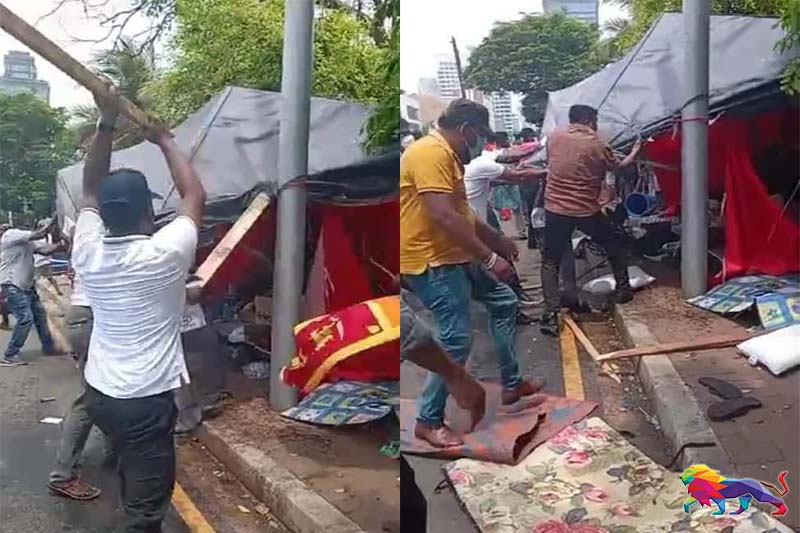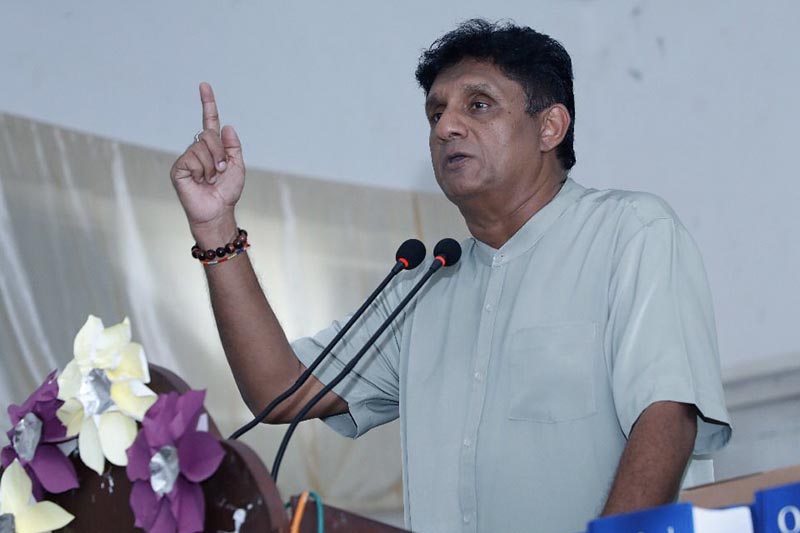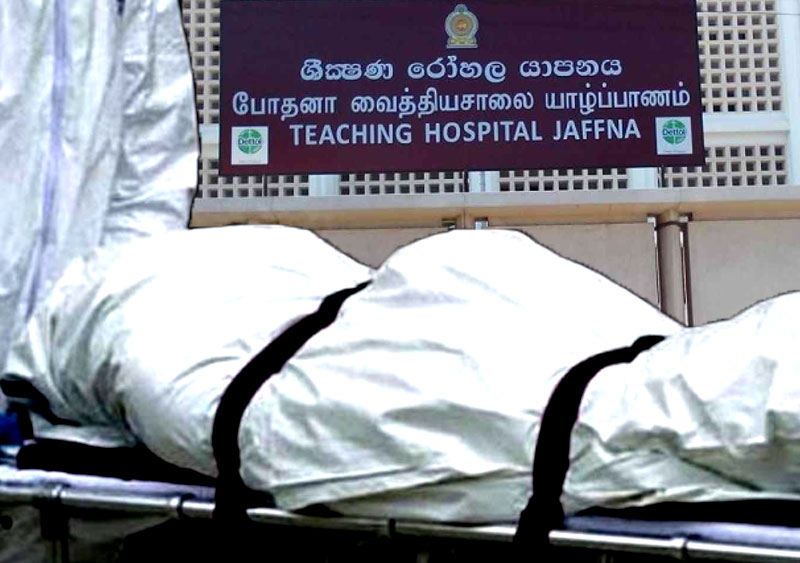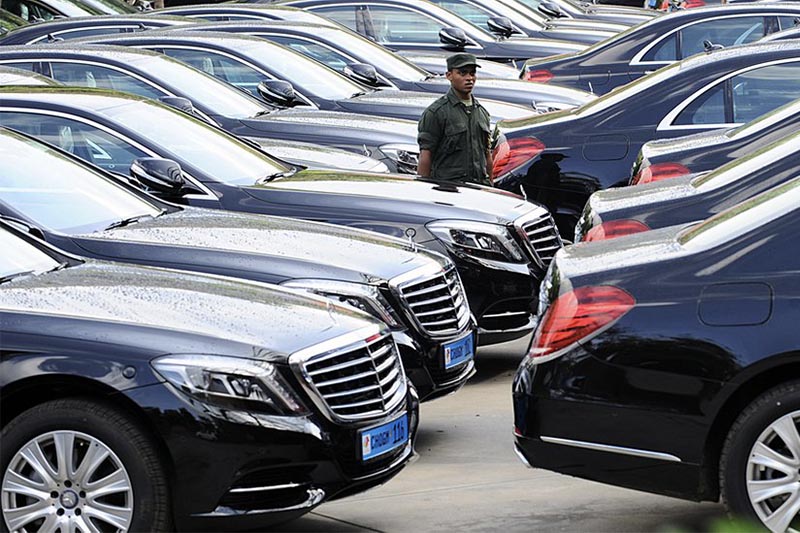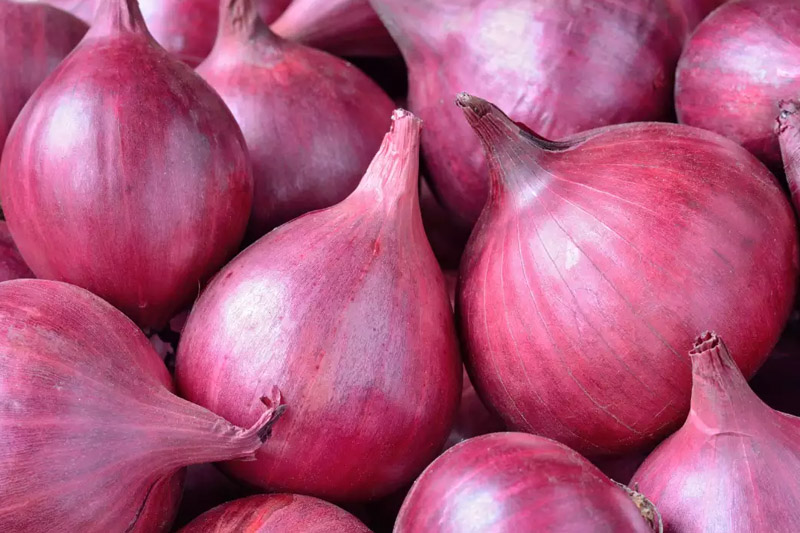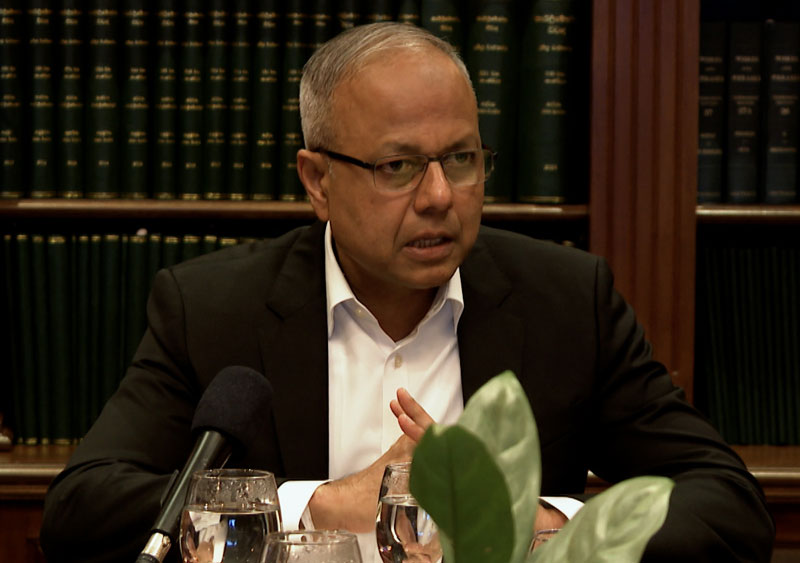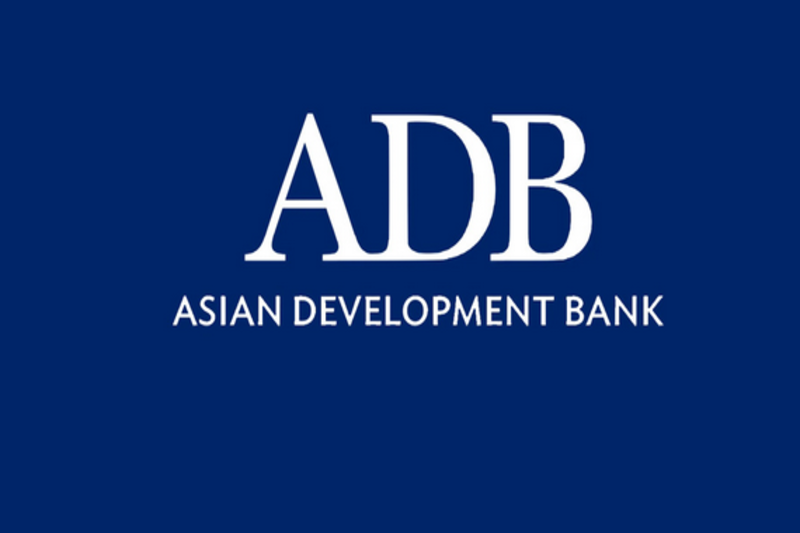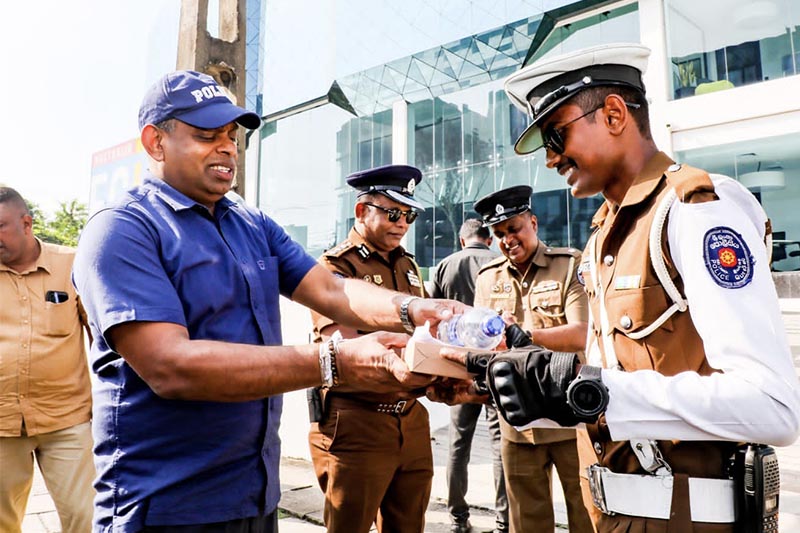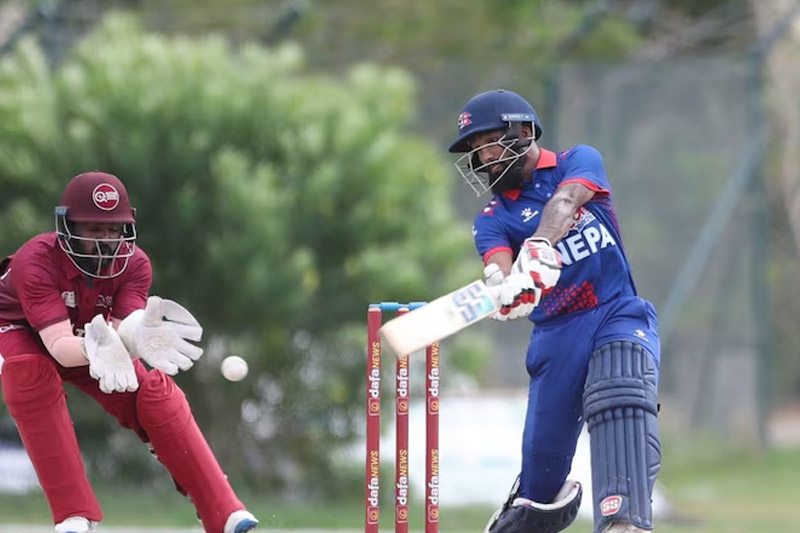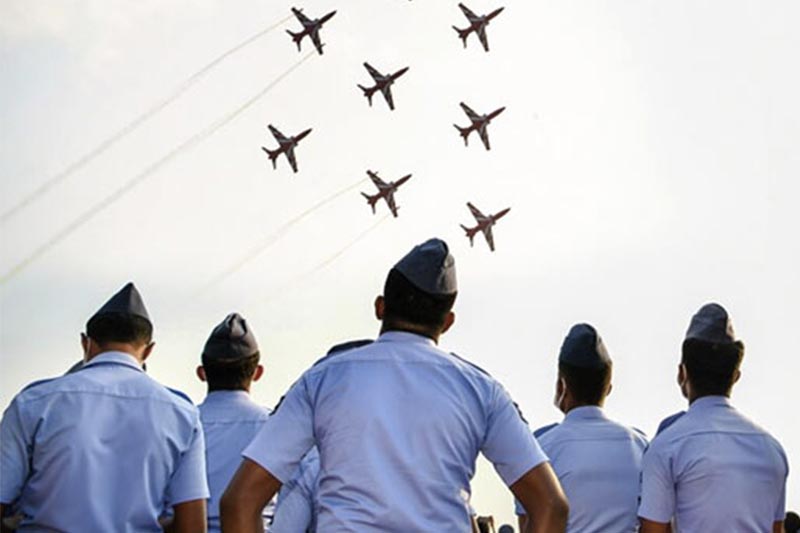Government supporters have attacked protesters camped outside the office of Sri Lanka’s prime minister, as trade unions begin a “Week of Protests” demanding the government change and its president step down over the country’s worst economic crisis in memory.
Several hundred supporters of Prime Minister Mahinda Rajapaksa rallied at his office on Monday, after reports saying he may step down to alleviate pressure on the President.
After the meeting, the government supporters went out to where protesters have been demonstrating for several days in front of the office. Local television channel Sirasa showed them attacking protesters with clubs, demolishing and later burning down their tents.
The attack on protesters came a day after Mahinda Rajapaksa was heckled during his first public outing since nationwide protests erupted. On Sunday, the premier visited one of the holiest Buddhist temples – housing a tree said to be 2,300 years old – in Anuradhapura.
Dozens of people carried hand-written placards and chanted slogans demanding that “thieves” be banned from the sacred city, 200km (125 miles) north of Colombo.
Meanwhile, trade unions on Monday called for protests throughout this week, trade union activist Saman Rathnapriya said, and more than 1,000 unions representing health, ports, education, and other key service sectors have joined the Week of Protests movement.
During the week, he said, the workers will stage demonstrations at their workplaces across the country. At the end of the week, they will launch a huge march to parliament, demanding President Gotabaya Rajapaksa’s removal and a new government.
The Indian Ocean island nation is on the brink of bankruptcy and has suspended payments on its foreign loans. Its economic woes have brought on a political crisis, with the government facing widespread protests and a no-confidence motion in parliament.
For several months, Sri Lankans have endured long lines to buy fuel, cooking gas, food and medicine, most of which come from abroad.
Shortages of hard currency have also hindered imports of raw materials for manufacturing and worsened inflation, which surged to 18.7 percent in March.
Protesters demanding Rajapaksa’s resignation have been occupying the entrance to the president’s office for more than a month now, demanding that the president, his older brother Mahinda and other powerful Rajapaksa family members quit.
Similar protests have spread to other locations, with people setting up camps opposite the prime minister’s residence and in other towns across the country.
So far, the Rajapaksa brothers have resisted calls to resign, though three out of the five Rajapaksas who were lawmakers stepped down from their cabinet posts in April.
Protesters have crowded the streets since March, maintaining that Rajapaksa and his family – who have dominated nearly every aspect of life in Sri Lanka for most of the last 20 years – are responsible for the crisis.
On Friday, Rajapaksa declared a state of emergency, which empowers him to authorise detentions, property seizure and search of any premises. He can also change or suspend laws in the interests of public security and for the maintenance of essential supplies.
Diplomats and rights groups have expressed concern over the move.
Sri Lanka has been holding talks with the International Monetary Fund to get an immediate funding facility as well as a long-term rescue plan but was told its progress would depend on negotiations on debt restructuring with creditors.
Any long-term plan would take at least six months to get under way. (Al Jazeera)

